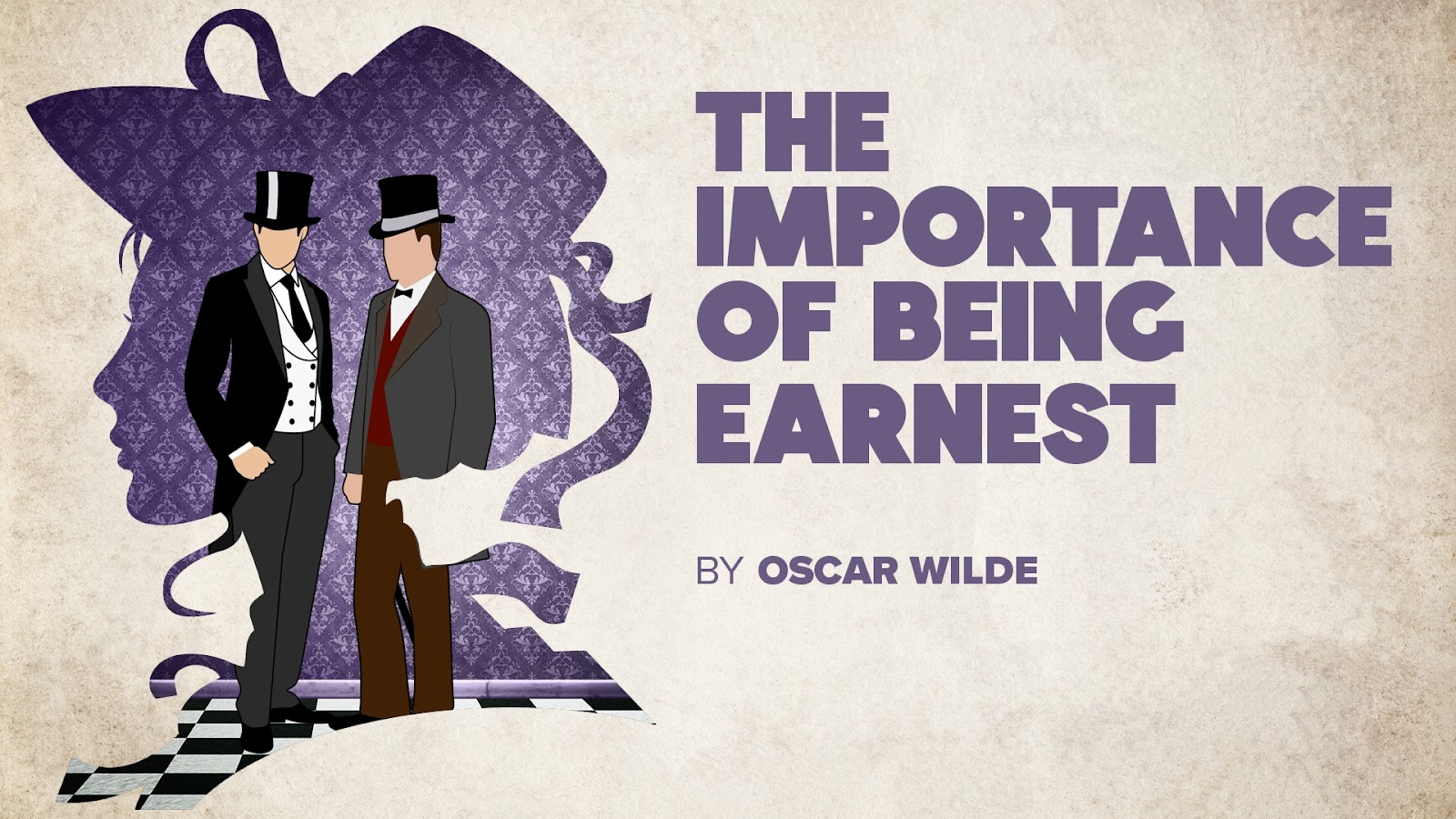Difference between Aristotle's definition of Tragedy and Dryden's definition of Play:
Aristotle's Definition of Tragedy:
Aristotle's definition of tragedy is highly structured and prescriptive. In his work "Poetics," he outlines specific elements that a tragedy must have, such as a plot, character, thought, diction, melody, and spectacle. He believes that each of these elements contributes to the overall effect of the tragedy.
Aristotle's concept of a tragic hero is central. He suggests that a tragic character must be a person of noble stature and possess a tragic flaw (hamartia) that leads to their downfall. This character's suffering and ultimate catharsis (emotional purification) are essential components of a tragedy.
Aristotle emphasizes the concept of catharsis, which is the emotional purging or cleansing that the audience experiences through witnessing the tragic events on stage. He sees tragedy as a means to evoke pity and fear in the audience, ultimately leading to a cathartic release of these emotions.
Unity of Action: Aristotle stresses the importance of a tightly-knit plot with a clear beginning, middle, and end. He believes that all elements of the tragedy should contribute to the unity and completeness of the plot.
John Dryden's Definition of Play:
Dryden's definition of a play is more flexible and inclusive compared to Aristotle's rigid structure for tragedy. Dryden did not prescribe a specific set of rules for what a play should be. Instead, he recognized various forms of drama, including comedies, tragedies, and tragicomedies.
Dryden's primary concern was to entertain the audience. He believed that a play's primary purpose was to engage and amuse the spectators. This pragmatic approach meant that he was more willing to adapt to changing tastes and preferences.
Dryden acknowledged the diversity of dramatic forms and was open to experimentation. He did not place as much emphasis on the tragic hero or the strict adherence to the elements of tragedy. This allowed for greater creativity and variation in the types of plays that could be produced.
Dryden was also concerned with the practical aspects of theatrical production, including the financial viability of plays. This pragmatic approach often led him to adapt and modify plays to cater to the audience's demands.
The differences between Aristotle's definition of Tragedy and Dryden's definition of Play lie in their level of prescription, focus, and flexibility. Aristotle's definition is highly structured, emphasizing specific elements and the cathartic effect on the audience, while Dryden's definition is more open-ended, prioritizing entertainment and adaptability to different dramatic forms and audience tastes. Dryden's approach allowed for greater diversity and experimentation in the world of theater.
poetic or prosaic dialogues are concerned in the play?
1. Poetic Dialogues:
Poetic dialogues are characterized by their use of heightened language, rhyme, meter, and often, figurative language like metaphors and similes.They can evoke strong emotions, create a sense of rhythm, and contribute to the overall aesthetic appeal of a play.Poetic dialogues are well-suited for dramatic moments, soliloquies, and speeches that require a lyrical and memorable quality.Shakespearean plays, known for their poetic language, are excellent examples of how such dialogues can enhance the dramatic impact.
2. Prosaic Dialogues:
Prosaic dialogues mimic everyday speech and are typically written in prose, without the formal structures of poetry.They can convey a sense of realism, making characters and situations feel relatable to the audience. Prosaic dialogues are often used for comic relief, casual interactions, and scenes that require a more naturalistic tone.Playwrights like Henrik Ibsen, known for his realistic and prosaic dialogues, used this style to explore complex social and psychological themes.
The choice between poetic and prosaic dialogues depends on the goals of the playwright and the nature of the play. Some plays blend both styles to create a dynamic and versatile dialogue that serves different dramatic moments. Ultimately, the effectiveness of dialogues, whether poetic or prosaic, lies in their ability to engage the audience, convey the intended emotions, and contribute to the overall narrative.
Dryden as 'Father of English Criticism':
John Dryden is often referred to as the "Father of English Criticism" due to his significant contributions to literary criticism in the late 17th century. One notable topic related to Dryden in this context is his influential essay titled "An Essay of Dramatic Poesy" (1668). This work is not only an important piece of criticism but also a foundational text in the development of English literary theory.
In "An Essay of Dramatic Poesy," Dryden engages in a lively dialogue among four characters, each representing a different viewpoint on the merits of ancient and modern drama. Through this dialogue, Dryden addresses various aspects of dramatic writing, including the use of rhyme, the three unities (time, place, and action), and the role of the poet in society.
Dryden defends the superiority of Shakespeare and the English playwrights of his time over the classical playwrights, such as the ancient Greeks and Romans. He argues that English drama has evolved and improved upon the principles of the ancients, incorporating elements of both tragic and comic traditions.
One of the key concepts Dryden introduces in this essay is the idea of "decorum," which refers to the appropriate use of poetic and dramatic elements in a work. He emphasizes that a playwright should adhere to the rules of decorum to create a harmonious and effective piece of drama.
"An Essay of Dramatic Poesy" is a significant work in the history of literary criticism because it not only evaluates contemporary playwrights but also lays the groundwork for later generations of critics to discuss and analyze the art of drama in English literature. Dryden's contributions to literary criticism continue to be studied and appreciated for their enduring influence on the field.





No comments:
Post a Comment